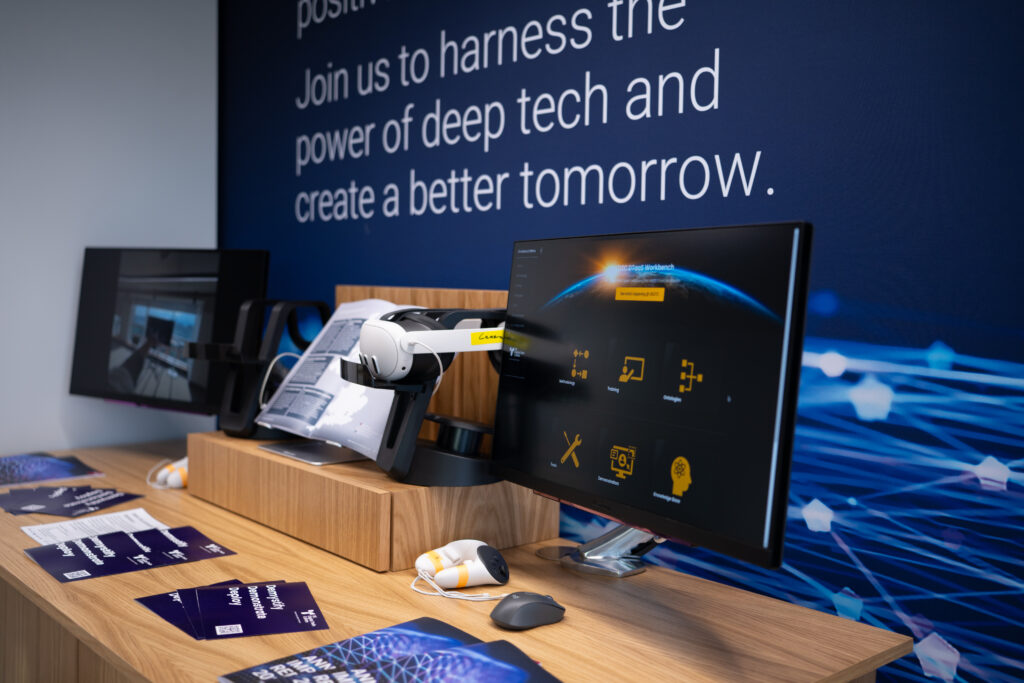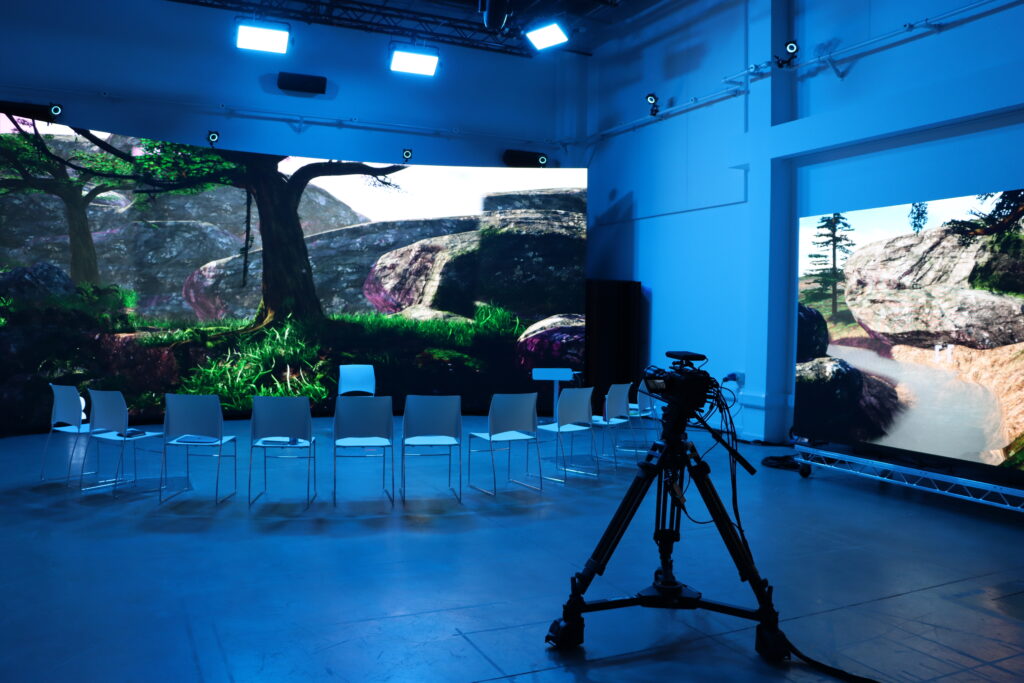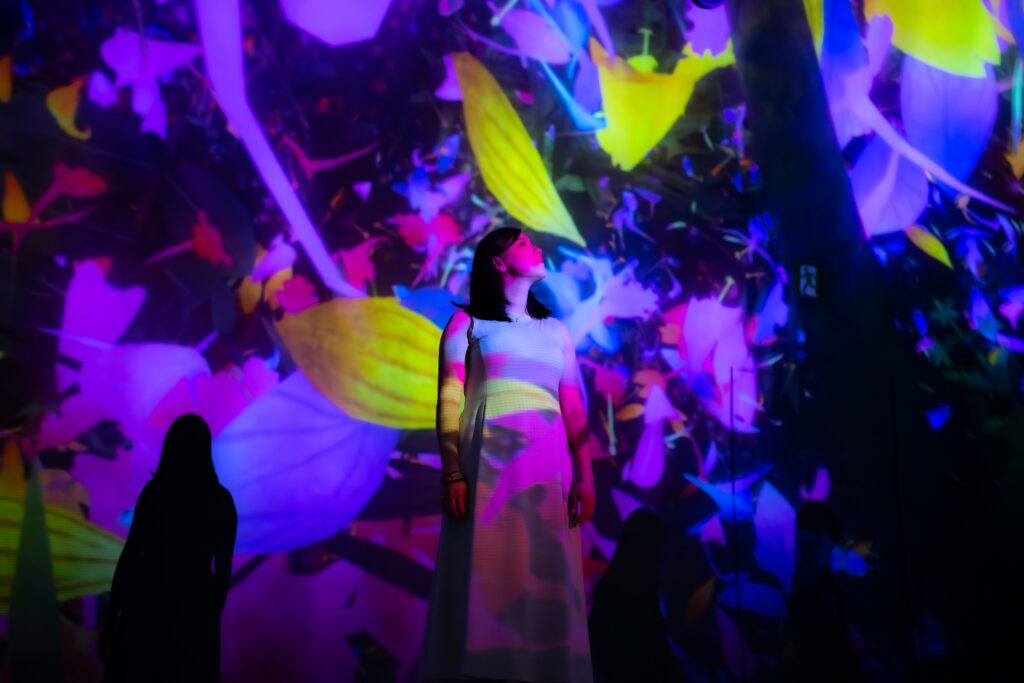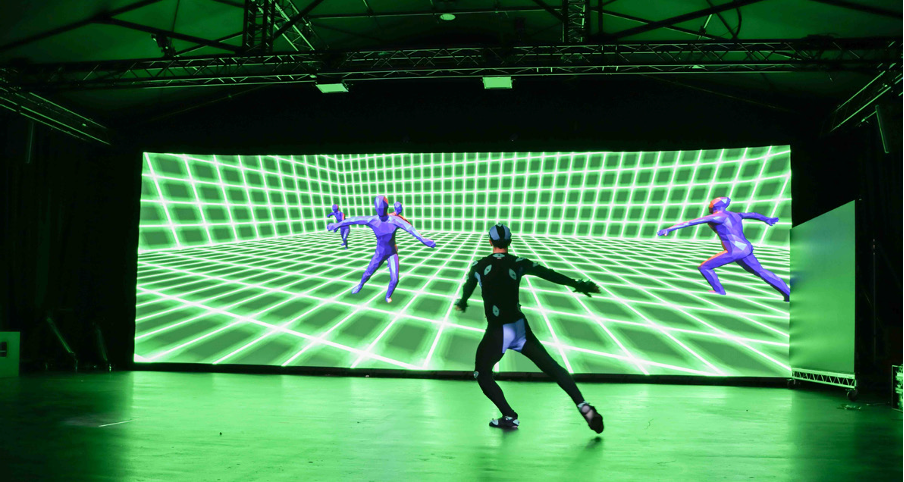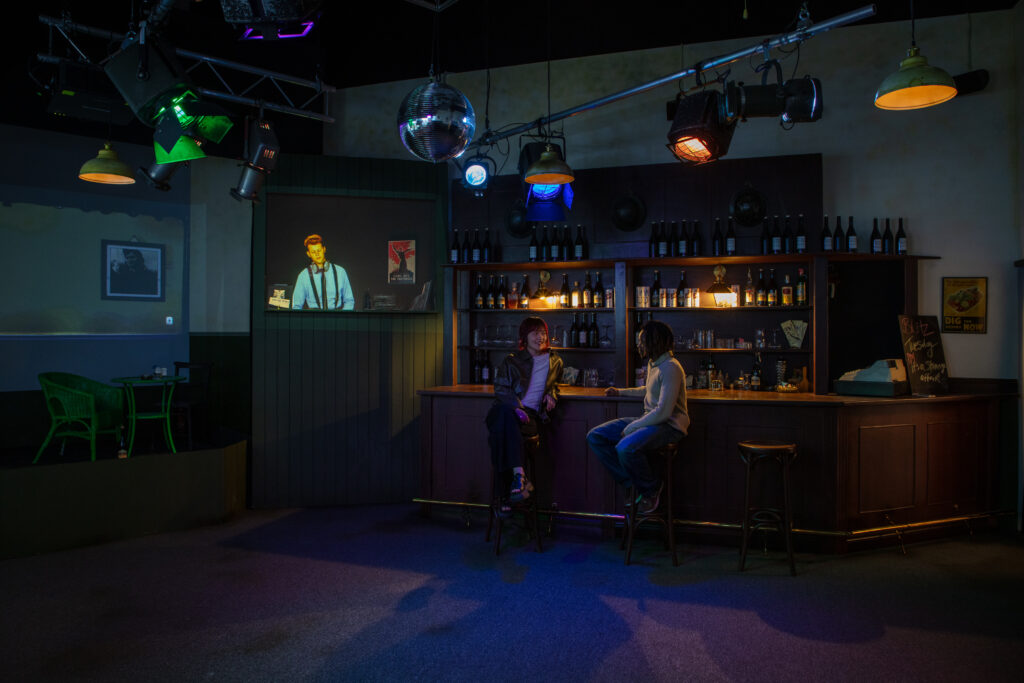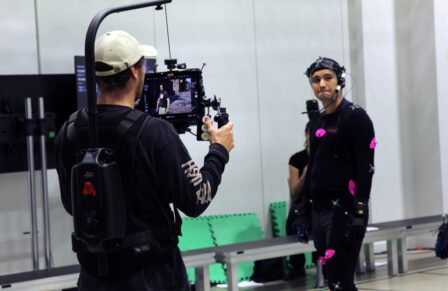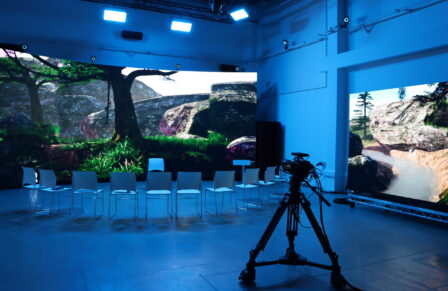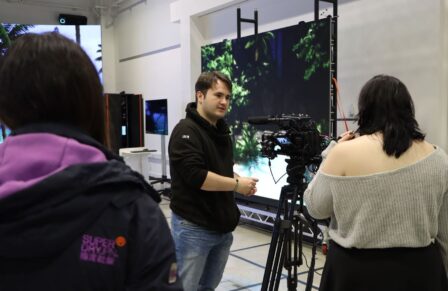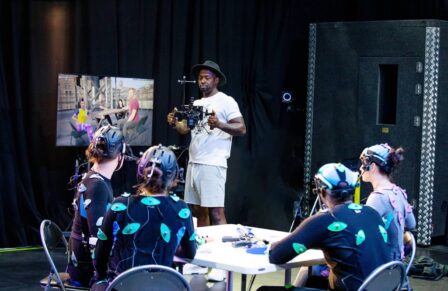The Olympics have always been a showcase of human achievement, pushing the boundaries of what’s possible. While all eyes are on the sporting action at the 2024 Paris Games, a new frontier is also being explored: virtual production. Not just a buzzword, it’s a game-changer set to transform how the world watches and experiences the Olympics.
What is virtual production?
Virtual production combines live-action footage and computer graphics in real-time making use of technologies ranging from massive LED screens to game engines, artificial intelligence (AI) and edge computing. For the 2024 Olympics, this means more immersive broadcasts, enhanced athlete storytelling, and an unprecedented level of at-home viewer engagement.
Virtual sports: A new Olympic experience
The International Olympic Committee (IOC) is already exploring virtual sports with its Olympic Virtual Series (OVS) which debuted ahead of the Tokyo 2020 Games. This event has created an opportunity for the physical sporting world to connect with the online gaming community in an accessible way.
This isn’t the only avenue the IOC is exploring in the digital world; it’s also proposing the ‘Olympic Esports Games’ at the 142nd IOC Session in 2024 (IOC) built off of the success of the Olympic Esports Week, where 130 players competed in 10 events with over 6 million views around the world. This type of event is proving to be successful, showcased by Digital Catapult’s own esports tournament in the North East, where immersive virtual reality gaming was combined with the benefits of physical exercise. Efforts to incorporate virtual production techniques into online and physical communities and events could help audience engagement skyrocket.


















